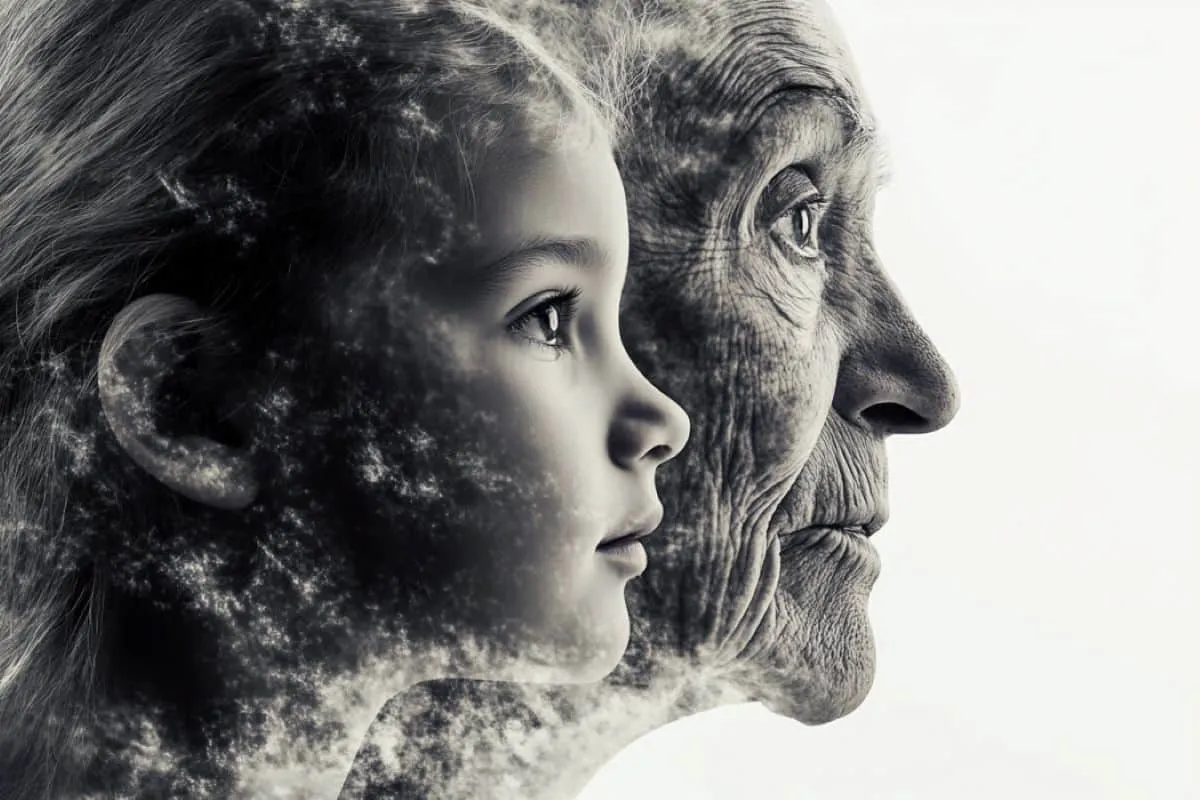Brain Development and Childhood Trauma Influence on Elder Abuse Risk

Understanding the Impact of Childhood Trauma on Brain Development
Recent research reveals that brain development is profoundly influenced by adverse childhood experiences (ACEs). Research from the University of Tokyo provides vital insights into how childhood trauma correlates with a higher risk of committing elder abuse. These findings illustrate critical aspects of neuroscience, emphasizing the need for awareness and intervention.
Neurobiological Insights into Interpersonal Violence
- Interpersonal violence can have long-lasting effects, leading to potential abuse against vulnerable populations.
- Developmental neuroscience plays a crucial role in understanding these risks.
- Psychological repercussions of childhood trauma affect overall behavior.
Key Findings
- Children exposed to domestic violence are at a heightened risk.
- The neurobiology of individuals with ACEs often reveals altered response mechanisms.
It is imperative to implement effective prevention strategies and public health initiatives to combat these issues arising from childhood trauma and its correlation with elder abuse.
This article was prepared using information from open sources in accordance with the principles of Ethical Policy. The editorial team is not responsible for absolute accuracy, as it relies on data from the sources referenced.